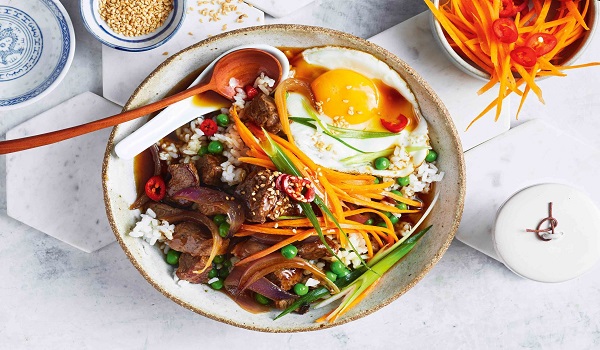What began as a struggle to serve expat staff a taste of home has evolved into a full-blown culinary shift across India’s industrial corridors. The expansion of Japanese and Korean corporations—automotive and electronics giants like Maruti Suzuki, Hyundai, Toyota, Honda, and LG—has quietly but significantly transformed the Indian foodscape.
RC Bhargava, chairman of Maruti Suzuki, recalls the early days of setting up operations in Gurgaon during the 1980s, when the availability of authentic Japanese ingredients like miso, soy sauce, or sushi rice was virtually nonexistent. “Food was a major problem. You couldn’t feed Japanese expats dal-chawal every day,” he said.
The 1990s brought a new wave—Korean firms setting up shop across India faced a similar dilemma. It was during this time that K. Palani, then a young Tamil man, stumbled into an opportunity. A casual in-flight conversation led him to begin sourcing Korean packaged food from Bangkok to supply the growing Korean expat community in Chennai. That humble start eventually led to the creation of Seoul Stores, now with nine retail outlets across India, each strategically located near Korean company hubs.
From kimchi fermentation stations and ramen broth kitchens to stores filled with Japanese mayonnaise (Kewpie) and Korean skincare, the demand has grown far beyond expats. There are now around 40 Korean restaurants across India, half of them run by Koreans and the rest by Indians. Japanese restaurants, even more popular, are flourishing with both expat and local clientele.
Industrial clusters like Sriperumbudur (Tamil Nadu), Vithalapur and Sanand (Gujarat), Neemrana (Rajasthan), and Manesar (Haryana) have become unlikely epicenters of authentic East Asian cuisine. In Vithalapur alone, there are 15 Japanese restaurants, with branded hotels such as Hyatt, Marriott, and Radisson incorporating Japanese menus to cater to the demand.
Nandivardhan Jain, CEO of hospitality consultancy Noesis, notes the emergence of “micro-ecosystems” built around expat needs, complete with specialty F&B, retail, and mid-scale hospitality solutions. The influx of families, not just corporate workers, has created three key consumer segments: bachelors, families, and restaurants/institutions.
The emphasis remains on authenticity. Many of these establishments import core ingredients directly from Korea and Japan, offering home-style dishes like donburi, bento boxes, omurice, and communal grills—less luxury, more comfort food. Yet, with growing Indian curiosity, many are striking a balance by offering fusion versions tailored to local palates.
Anurag Katriar, CEO of deGustibus Hospitality, is set to launch his first Japanese restaurant, Otoki, in Mumbai. He says, “There’s strong demand for Japanese cuisine—robata grills, udon, and one-pot ramen are especially resonating with Indian diners.”
What started with expat-driven necessity is now morphing into mainstream interest, particularly among youth influenced by K-pop, K-dramas, and social media trends. Palani, who recently opened a Seoul Store in Aizawl, Mizoram, says, “The response in the Northeast has been phenomenal. We’re now planning a store in every Northeastern state.”
With new formats like Seoul Lifestyle debuting in Coimbatore and Bengaluru, the focus is shifting toward Indian customers. Palani’s evolution—from hand-delivering ramen to expats to running a national chain of specialty stores—symbolizes a larger cultural crossover.
As Korean and Japanese firms deepen their roots in India, they’re not just building cars or gadgets—they’re also driving an appetite for seaweed, matcha, and miso, one neighborhood at a time.


